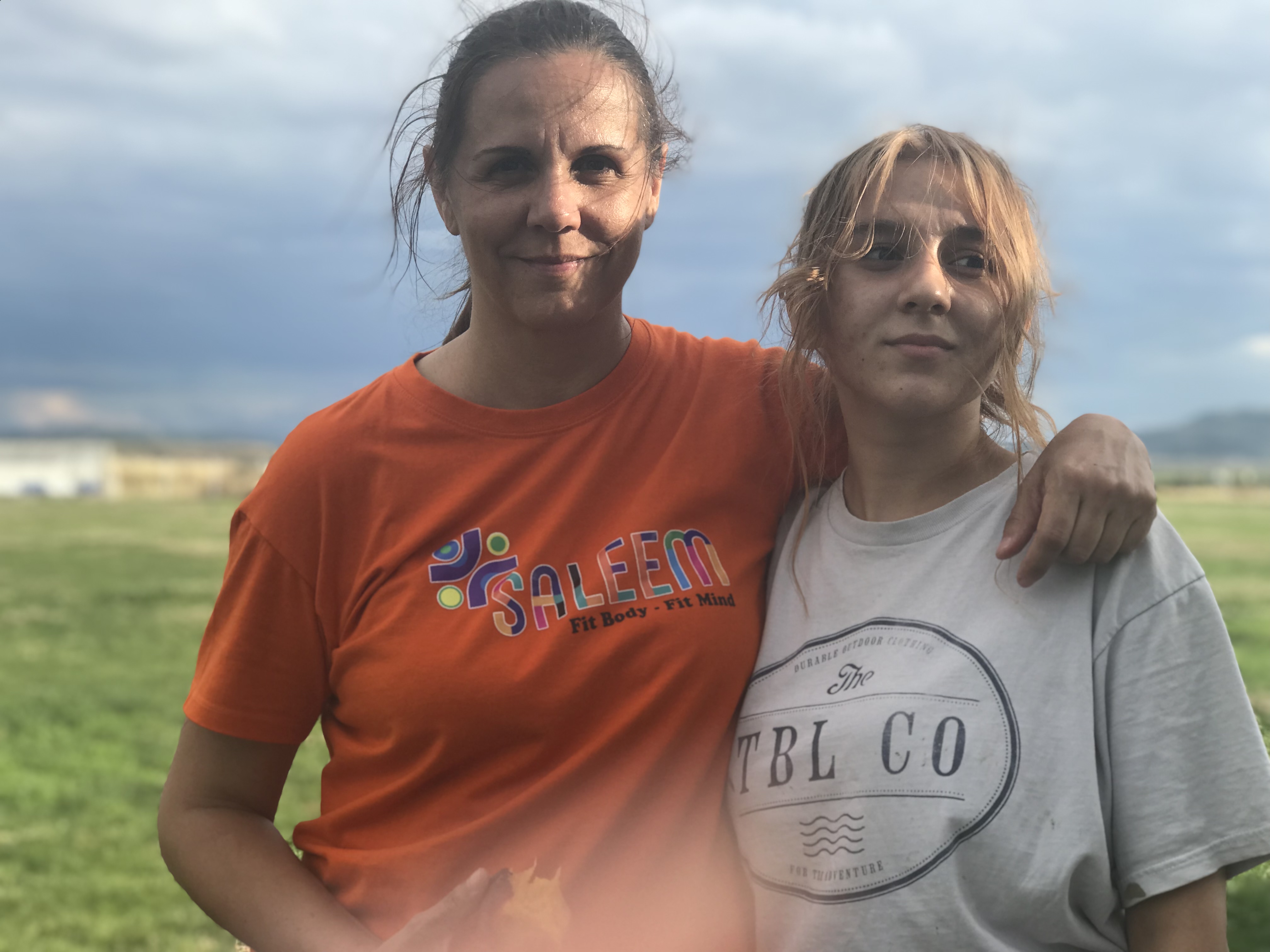
Νέα

Εμφανίσεις: 561
A new paper has been published by the Lab!
Congratulations to Nadia and the rest of the team!
------------------------------------------------------------------------
The project was a randomized controlled trial that aimed to examine the impact of an exercise and sport intervention on the mental health, physical fitness, and cardiovascular risk markers of refugees. The project continues to offer sports and exercise opportunities to camp residents.
-------------------------------------------------------------------------
The paper showcases significant work that was carried out in the project. This program has had a major positive impact on the participants' lives, and the results have been presented in the first set of papers.
"Self-Reported Physical Activity and Mental Health Among Asylum Seekers in a Refugee Camp."
Konstantinia Filippou, Florian Knappe, Antonis Hatzigeorgiadis, Ioannis D. Morres, Emmanouil Tzormpatzakis, Elsa Havas, Uwe Pühse, Yannis Theodorakis , and Markus Gerber
------------------------------------------------------------------------
Background:
Global forced displacement has been rising steeply since 2015 as a result of wars and human rights abuses. Forcibly displaced people are often exposed to physical and mental strain, which can cause traumatic experiences and poor mental health. Physical activity has been linked with better mental health, although such evidence is scarce among those populations. The purpose of the study was to examine the relationships of self-reported physical activity and fitness with mental health indices among people residing in a refugee camp in Greece as asylum seekers.
Methods:
Participants were 151 individuals (76 women, 75 men; mean age 28.90 y) displaced from their homes for an average of 32.03 months. Among them, 67% were from Afghanistan and countries from southwest Asia, and 33% from sub-Saharan African countries. Participants completed self-report measures assessing physical activity, fitness, symptoms of post-traumatic stress disorder, depression, anxiety, and well-being.
Results:
High prevalence of mental health disorder symptoms and poor well-being were identified, with women and Asians showing poorer mental health. Symptoms of post-traumatic stress disorder, depression, and anxiety were related to perceived fitness, but not to self-reported physical activity. Regression analysis showed that perceived fitness (β: 0.34; 95% CI, 0.43 to 1.52) and low-intensity physical activity (β: 0.24; 95% CI, 0.001 to 0.009) significantly positively predicted well-being, showing small to medium effect.
Conclusions:
The findings provide useful insights regarding the link between physical activity and well-being; nevertheless, further research examining objectively measured physical activity is warranted to complement these data and further explore the associations between physical activity and mental health.
Photos: From SALEEM program and data assessment.
Στοιχεία Επικοινωνίας
Εργαστήριο Ψυχολογίας της Άσκησης & Ποιότητας Ζωής
Πανεπιστήμιο Θεσσαλίας
ΤΕΦΑΑ
Καρυές, 42100 Τρίκαλα
+30 24310 47024
e-mail psylab@uth.gr
Πληροφορίες για Φοιτητές
Πρακτικά Συνεδρίων
Πρακτικά Συνεδρίου ΕΑΨ 2014
Σχετικοί Σύνδεσμοι
Ελληνική Ακαδημία ΦΑ
Οι νέες τάσεις στη διδασκαλία του μαθήματος της φυσικής αγωγής
Επιστημονικές Εταιρίες
Λίστα από εταιρίες Αθλητικής Ψυχολογίας και Ψυχολογίας
Στοιχεία Επικοινωνίας
Εργαστήριο Ψυχολογίας της Άσκησης & Ποιότητας Ζωής
Πανεπιστήμιο Θεσσαλίας
ΤΕΦΑΑ
Καρυές, 42100 Τρίκαλα
+30 24310 47024
e-mail psylab@uth.gr
Πληροφορίες για Φοιτητές
Πρακτικά Συνεδρίων
Πρακτικά Συνεδρίου ΕΑΨ 2014
Σχετικοί Σύνδεσμοι
Ελληνική Ακαδημία ΦΑ
Οι νέες τάσεις στη διδασκαλία του μαθήματος της φυσικής αγωγής
Επιστημονικές Εταιρίες
Λίστα από εταιρίες Αθλητικής Ψυχολογίας και Ψυχολογίας

